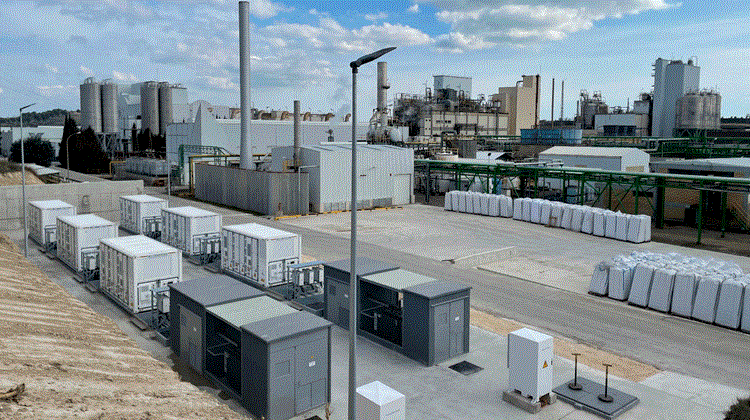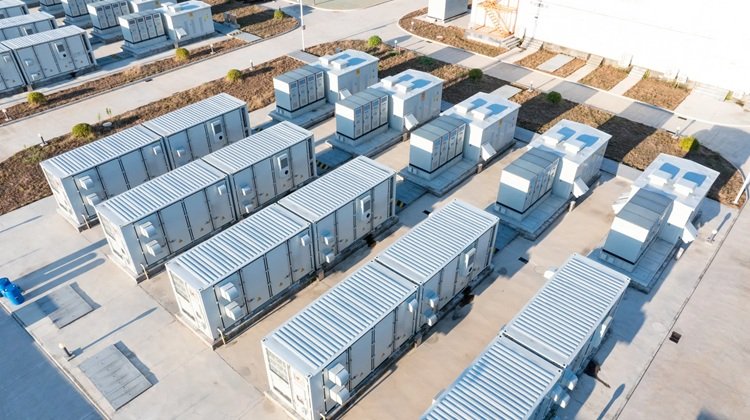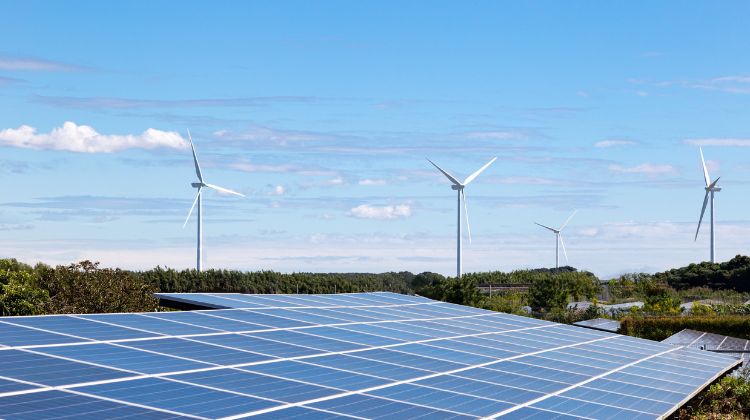On Monday 16 June, the Portuguese Government formally established the timeline for the launch of its first floating offshore wind auction. According to Decree No. 4752/2025, published in the Diário da República, the Government will have 60 days to present a proposal for implementing the auction scheme and 180 days to define the rules for competitive offers.
The decree is signed by Secretary of State for the Sea, Lídia Bulcão, and Secretary of State for Energy, Jean Barroca, and constitutes the administrative step needed to formally activate the process, long anticipated by the industry. The roadmap aims to award 2 GW of offshore wind capacity, to be distributed across designated maritime zones.
With this confirmation, Portugal reinforces its commitment to advancing the exploitation of offshore wind resources, particularly through floating technology, positioning itself as a leading Iberian market in the sector. The decision follows months of technical preparation and public consultation on maritime spatial planning.
Interest from more than 50 entities, including major utilities, industrial consortia, funds and infrastructure companies, highlights a clear global appetite for the Portuguese auction. Although some players, such as Equinor, have withdrawn, the level of engagement remains strong.
Ocean Winds and BayWa r.e. stand out for their advanced technical readiness. Major energy groups such as Repsol, Galp, TotalEnergies and Iberdrola, alongside logistics and construction operators like Mota-Engil, make up a diverse portfolio that could accelerate the supply chain and enable economies of scale.
A model tailored to the country’s capabilities
The auction will follow a centralised and sequential model, which involves first allocating maritime zones and subsequently defining the remuneration mechanism through Contracts for Difference (CfD). This approach seeks to mitigate financial risk for bidders and ensure more competitive conditions, taking into account the evolving nature of floating wind technology.
The 2 GW target, although more modest than the 10 GW proposed in earlier plans, aligns with current limitations in Portugal’s electricity grid and its ability to integrate new renewable capacity without causing energy curtailment.
Medium-scale parks and an industrial focus
The auctioned areas will comprise parks ranging from 400 to 600 MW, a scale aimed at balancing investment volume with the country’s logistical and industrial capabilities. This intermediate size will enable a progressive and sustainable rollout, including the development of critical infrastructure such as ports and assembly facilities.
Costs, competitiveness and long-term vision
The levelised cost of energy (LCOE) for floating offshore wind remains a challenge, currently estimated between €100 and €300/MWh, depending on technical and logistical factors. However, it is expected that continued industrialisation across Europe and increased technical experience will drive significant cost reductions over the next decade.
The auction scheme will also include non-economic criteria in the evaluation process, such as environmental sustainability, collaboration with local communities, support for national SMEs and cybersecurity measures, in line with best European practices.
A decisive step in Portugal’s energy transition
With the publication of the decree in the Diário da República, the Government has officially launched the offshore wind auction process. This move represents a milestone in national energy policy and sends a clear signal to investors, manufacturers and international developers that Portugal is an emerging market with transparent rules, sound technical planning and long-term vision.
The industry expects the first tenders to be held during 2025, consolidating Portugal’s role on the European offshore wind map.




























